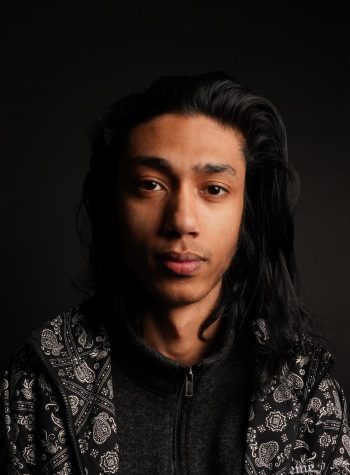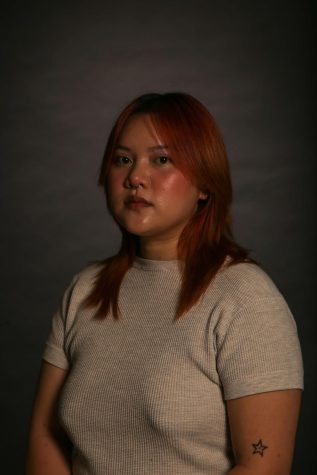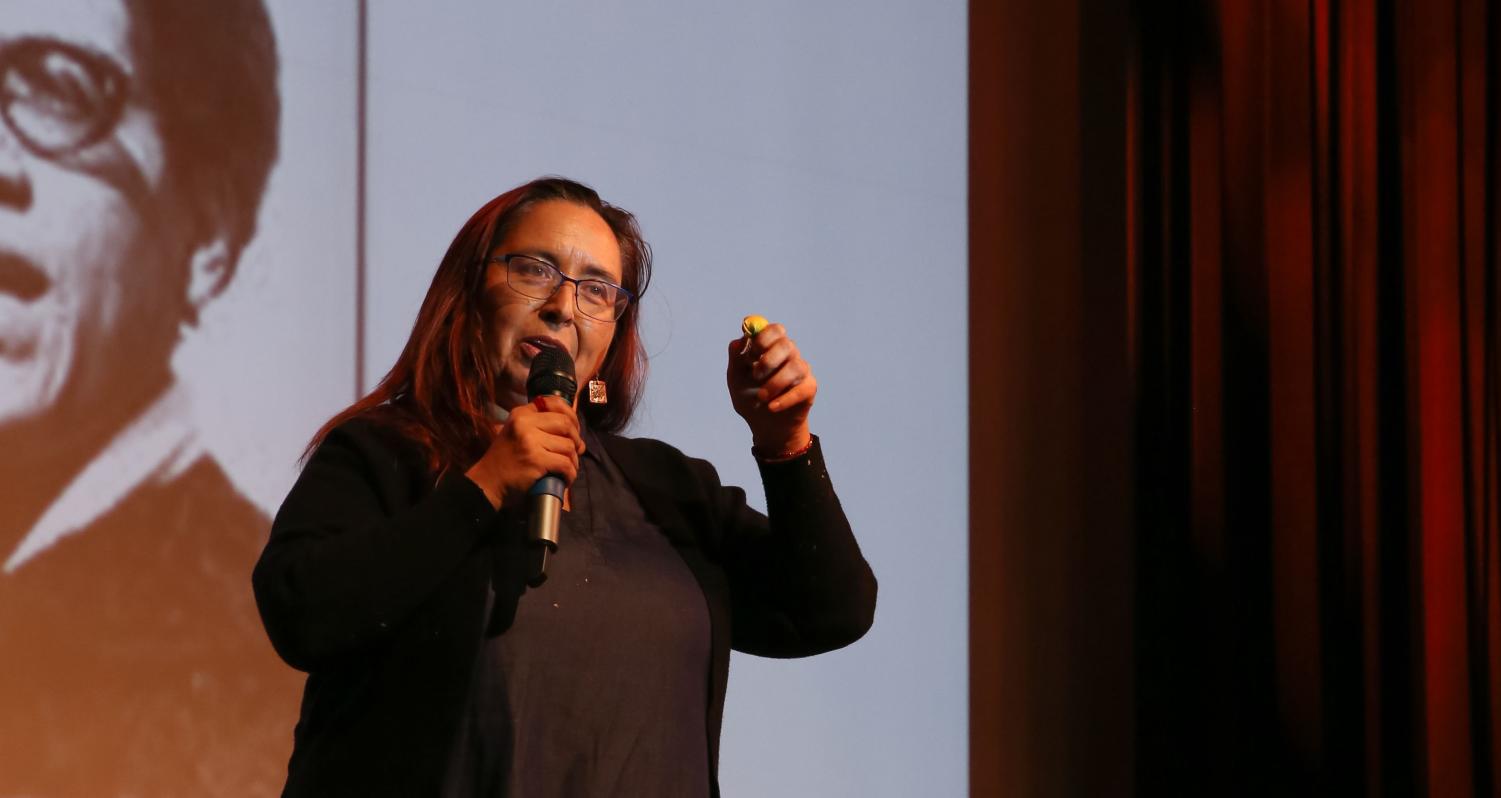



Trigger warning: this article gives mention to sexual violence. Confidential resources are available for SF State survivors through the SAFE Place and reporting is available through Equity Programs and Compliance.
March 12, 2023
Marisol Ruiz’s life came full circle as she stood on the podium to give her opening speech at Jack Adams Hall on Saturday.
Ruiz, former co-director of SF State’s Women’s Center, holds a Ph.D in language literacy and sociocultural studies with a concentration in educational thought and cultural studies from the University of Mexico. She was speaking at the 12th Annual Women’s Center Conference, an event organized by the Women’s Center to combat all forms of oppression and to spread awareness by raising the collective consciousness of the community through an open discussion.
The theme of the conference this year was centered around Gil Scott-Heron’s song “The Revolution Will Not Be Televised” and what it means to revolutionize in today’s society.
Adhila Bukhari, current director at the Women’s Center, said they organized the event to educate students about SF State’s history and organized activism.
“I wanted this to be the first step students take towards getting involved with radical organizing and political education,” Bukhari said. “I wanted this conference to spark a conversation around revolutionary theory and connecting that with San Francisco State’s history and legacy.”
Amanda Zachman, a second-year student attending the conference, said they attended this event to get involved with activism on campus.
“My aim is to get involved in what SF State is doing for social justice and advocacy on campus,” Zachman said. “I think this was the perfect event for that.”
Ruiz came to the United States as a Chilean refugee who was pushed out of her home as a result of war. Her father was a political prisoner and she knew many people with circumstances similar to her own. She, like many others, was met with violence and forced to disperse from her country due to her political beliefs.
During her time as co-director, she organized many events to raise awareness about important social issues and movements at the time, like the Cuban revolution, South African apartheid, Mumia Abu-Jamal on death row, Ramona Africa and the MOVE9.
“During my time in San Francisco State, we were in solidarity against the South African apartheid and what the state of Israel was doing to Palestine,” Ruiz said. “We did not want relationships [with] those regimes that were oppressing people.”
Ruiz says the biggest casualties of state and military violence are women and children. In her time at the Women’s Center, she was organizing events to create awareness for people who were looking for their loved ones that went missing because of armed conflicts in their countries. She wanted to make connections to the national struggle by highlighting international struggles at the time.
“The Cambodians, Salvadorans, Nicaraguans, Chileans, Vietnamese were all in an imperial tug-of-war, and in all wars, who loses? It’s the women and children,” said Ruiz.
According to the Chilean Network Against Violence Against Women, 42 cases of sexual abuse are reported in Chile every day and only 8% of these cases result in convictions. Ruiz mentioned this statistic to highlight the connection between gender and state violence, and how the state is complicit in enabling violence against women and children.
“El violador eres tú” (The rapist is you) was a powerful social movement in 2019 when hundreds of blindfolded women chanted an anthem to protest the rampant sexual violence in Chile. The protestors wanted to send out a message – the police, judges, politicians and the state, are all complicit in perpetuating rape culture.
Historically, women and children are tortured, killed and sexually assaulted by police and military regimes in armed conflicts throughout the world. Ruiz emphasized how the violence and armed conflicts often affect women and children the most.
During Ruiz’s time at the Women’s Center, the government was leading programs to expand the reach of the carceral state and the prison industrial complex across the country. There were organized struggles against fascist abuses of power by the police occurring in the educational system, and against sexual violence against young girls in the prison industrial complex.
Ruiz highlighted these historical events to provide context and tie them into advocacy for radical demands, abolition feminism and restorative justice.
She was born into an environment with armed civil conflicts that forced her out of Chile and into the U.S. She and many of her peers have lived with the trauma that came from being displaced due to war and is now an advocate for restorative justice – the ideal that survivors deserve the justice that they want.
Ruiz says that everyone has some form of a colonial mindset and that minds can be decolonized through radical demands and abolition feminism and believes there is a need for a revolution that dismantles systems enabling oppression. She believes that having these conversations in academic settings can elevate one’s consciousness by allowing them to understand the struggle.

